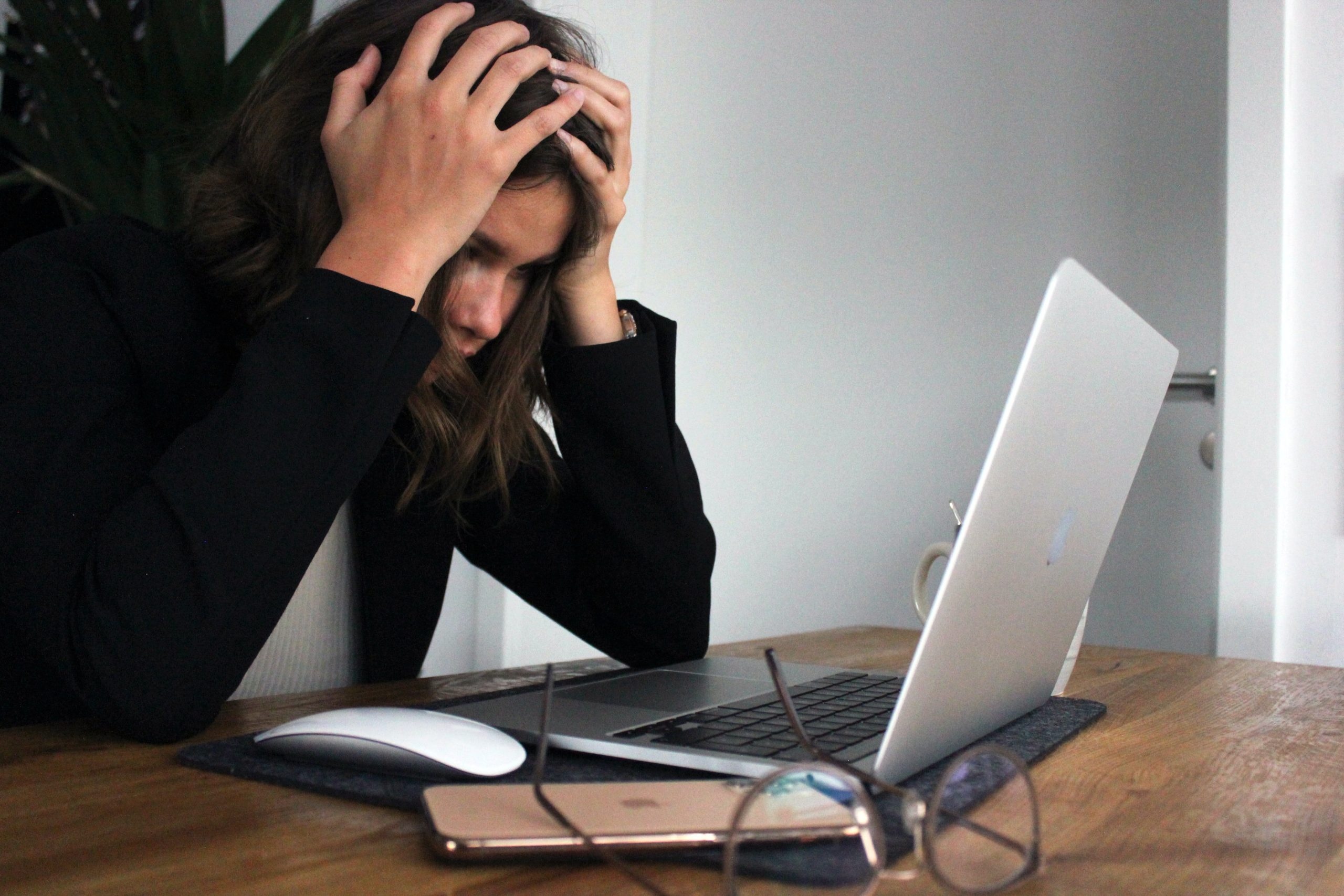In the realm of healthcare, the debate over the impact of health insurance on individuals and the economy is perennially contentious. It’s a discourse fueled by statistics, anecdotes, and, above all, personal experiences. As a journalist committed to uncovering the truth behind complex issues, I delved into this multifaceted topic, aiming to shed light on its dual ramifications.
The Personal Toll: Balancing Access and Affordability

For many individuals, health insurance is the tether between financial stability and potential ruin. It offers the promise of access to vital medical services while serving as a buffer against exorbitant healthcare costs. However, the reality often diverges from this ideal.
In my interviews with families across diverse socioeconomic backgrounds, a common thread emerged: the burden of navigating the labyrinthine healthcare system while grappling with the escalating costs of premiums, deductibles, and copayments. For some, the choice between seeking necessary medical care and avoiding financial hardship is a perpetual tightrope walk.
Consider the case of Maria Rodriguez, a single mother of two, who shared her harrowing journey of forgoing preventive screenings due to prohibitive out-of-pocket expenses. “I simply can’t afford to get sick,” she lamented, highlighting the agonizing dilemma faced by millions of Americans.
The Economic Quandary: Balancing Investment and Expenditure
On the macroeconomic front, the role of health insurance transcends individual narratives, permeating the fabric of the national economy. Proponents argue that a robust healthcare system, underpinned by comprehensive insurance coverage, fosters a healthier, more productive workforce—a cornerstone of economic prosperity.
Conversely, critics warn of the ballooning fiscal strain inflicted by the ever-expanding healthcare expenditure. As premiums soar and government subsidies strain budgets, the sustainability of current insurance models comes under scrutiny.
Dr. Emily Johnson, an economist specializing in healthcare policy, emphasized the need for systemic reforms. “We’re at a crossroads where we must confront the inherent trade-offs between expanding coverage and controlling costs,” she asserted, underscoring the urgency of finding equitable solutions.
Navigating the Intersection: Unraveling Complexity Through Data
Amidst the cacophony of voices, objective analysis becomes paramount in deciphering the intricate interplay between health insurance, individual well-being, and economic vitality. As journalists, our responsibility lies in leveraging rigorous research techniques to sift through the noise and distill actionable insights.
From scrutinizing government reports to conducting in-depth interviews with policymakers and healthcare experts, the quest for verifiable data forms the bedrock of our investigative endeavors. By interrogating prevailing narratives and challenging conventional wisdom, we illuminate the path toward informed discourse and evidence-based policymaking.
Opinion: Towards a Holistic Paradigm
In our pursuit of equitable healthcare, we must transcend binary paradigms and embrace a nuanced understanding of the complex web of factors at play. Rather than viewing health insurance solely through the lens of coverage or cost, we must strive for a holistic approach that reconciles individual needs with societal imperatives.
As we navigate the uncertain terrain ahead, let us heed the voices of those on the frontlines—patients, providers, and policymakers alike—and forge a path towards a healthcare system that prioritizes accessibility, affordability, and equity for all.
In conclusion, the nexus between health insurance, individual well-being, and economic prosperity embodies both challenge and opportunity. By fostering informed dialogue, rigorous inquiry, and collective action, we can chart a course towards a future where healthcare is not merely a privilege but a fundamental human right.










